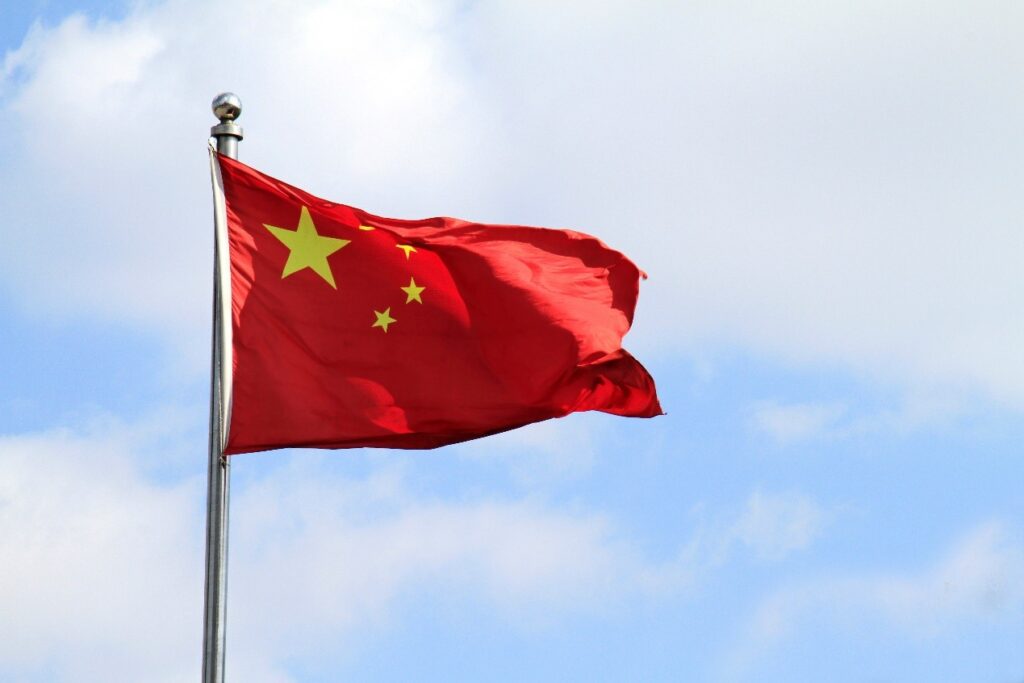The wine market industry in China particularly draws the attention of foreign business owners around the world. Prospects for the wine businesses and investments in China are vast considering that it has the world’s second-largest economy. Moreover, China’s wine industry had rapidly boomed in recent decades especially in terms of wine production.
Have a look at our previous article on Industry Spotlight: China’s Imported Food & Beverage Market
The entry of foreign-made wines into China was due to the changing preferences of Chinese consumers. Hence, foreign investments in different forms have made their way into the Chinese markets in the form of imports, joint ventures, and shares.
Market demand for red wine in China
The long history of Chinese wine production spans thousands of years, however, grape wine is a small portion of that history. But in recent years, the consumption of red wine over other types of wines in China had increased consistently and the Chinese demand for it is due to various reasons. Because of this, wine producers have seen the opportunity for the expansion of this relatively young market. Traditionally, wine in China had three meaningful uses: to perform rituals, to dispel one’s worries, and to heal. Gradually, wine became an important cultural part of business dealings as meetings take place over drinks or wine.
Learn more about Chinese Business Culture: What You Need to Know
Drinking red wine is typical in Western countries. In China, red wine remained an exotic drink, only known to a few Chinese people despite the presence of red wine companies since 1980. Towards the beginning of the new millennium, imported wine consumption in China skyrocketed. A China wine market analysis suggested that when Premier Li Peng toasted the Congress in 1996 with a glass of red wine, instead of baijiu, it was when red wine consumption in China flourished. In fact, unlike in the West, China’s wine market industry caters to a predominance of red wine more than white wine.
Importance of wine to Chinese buyers
It is widely known that the allure of red wine stems from its health benefits (grape wine is said to be healthier than cereal wines). However, others prefer it for other reasons such as for its taste, or to catch on the popular trend, or because of societal demands (gift-giving), or perhaps wine’s beautifying properties. In China, the color red especially has great significance in the country’s culture. Grape wine’s red coloring is symbolic of the Chinese’s ideals of wealth and good fortune. Since it is an auspicious coloring, the red wine makes for a good gift item and household aesthetic.
Statistics on China’s wine market
According to Statista, the wine market is divided into Table or Still Wine, Sparkling Wine (including Champagne), and Fortified Wine. In 2021, China wine revenues are forecasted to amount to USD 24,540 million and are expected to grow annually by 6.36 percent. On the other hand, the United States tops the wine market in terms of revenue, amounting to USD 55,135 million.
In the past, total alcohol consumption increased in China by 21.6 percent from 2009 to 2014; while in 2019, China has increased by 4.1 percent in terms of wine consumption compared to 2018. Furthermore, China ranked fifth in terms of hectolitres (capacity unit equal to 100 liters) in the world’s wine consumption during 2019.

Top Countries in Wine Consumption, Nationmaster
Exposure and entry into the wine market
Tmall.com is the China wine market e-commerce leader. Being an affiliate of Alipay, T-mall can reach potential consumers of wine. For instance, Weibo and Taobao users affiliated with Alipay can also receive promotional offers for wine products. Currently, e-commerce websites generate about 20 percent of all wine being sold in China.
In China, e-commerce players benefit the most from popular purchasing trends in China such as the “Singles’ Day” which is celebrated on November 11 (11/11). On such special occasions, Chinese buyers can get huge discounts depending on the period leading to the event. For Singles’ day, it is usually a 24-hour event where numerous e-commerce retailers all over China give out discounts from November 1 to November 12.
Read about Singles Day – a Chinese shopping day bigger than Black Friday
Top wine distributors in China
The wine market industry includes players from the local Changyu to the traditional French wines, showing how Chinese wine consumers are still in the process of continuously exploring different ranges of wines. That is, China-made wine caters to the new palates of Chinese drinkers in that some even prefer to mix their wines with soda or juice, unlike traditional drinkers who pair wine directly with steaks, seafood, cheese, etc. Also, even though the quality of China-made wine is at par with imported wines from Europe, some consumers forgo buying the cheaper local wines for the more expensive imported ones. Although having the most expensive price tag on the menu does not ensure the best quality, some sellers do take advantage of the Chinese wine drinkers’ exploratory phase and bring the prices up even on low-quality wines. Despite these challenges, wine companies in China imported 610 million liters during 2019.
In terms of distribution, the top 10 alcohol and wine distributors in China are listed below, according to SEO Agency China:
- Cofco
- Torress
- Zhejiang Daxiyang Importing
- Summergate Wine Distribution
- Tenwow
- 1919
- Yesmywine
- Panati Wines
- Yangzhou Perfect
- French Spirit
Conclusion
China’s wine market industry is soaring higher and is expected to do so in the future. Wine drinking is now considered a personal consumption commodity as well as an aesthetically pleasing gift item. While the Chinese people are known for spending money wisely, the increasing improvement in the middle-class lifestyle as well as the preference for both foreign and locally made wines no matter the prices can be seen as both an opportunity and a responsibility. It is an opportunity to grow as a company but producers and sellers also have the accountability to their customers of assigning reasonable prices to goods offered. For those who are already players in the market as well as those who plan to enter still, innovations involving e-commerce platforms may be the most effective way to penetrate the market now.
Contact us
S.J. Grand provides advisory on setting up a business in China. We put our competent team at your service to give you the most effective China market entry and tax optimization strategy. Contact us to get you started.
Moreover, we have been at the forefront of promoting full automation of business operations, especially for startups and SMEs. We have introduced our Cloud-based advanced solution, Kwikdroid, to make business transactions easier with us, no matter what type or size of the company. Visit our Kwikdroid page to learn more about the services we offer.
You may be interested to read about how to manage your company remotely using the advantages of Kwikdroid. Check it out!







